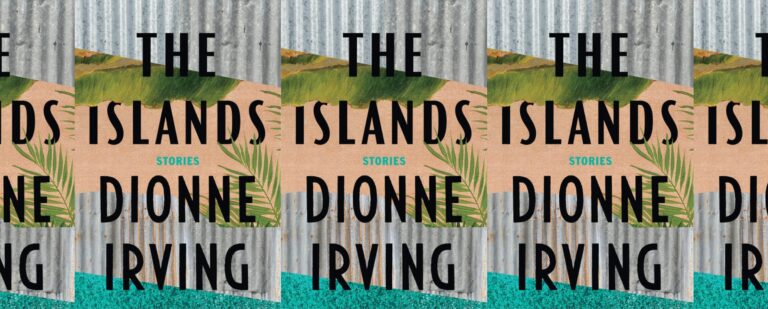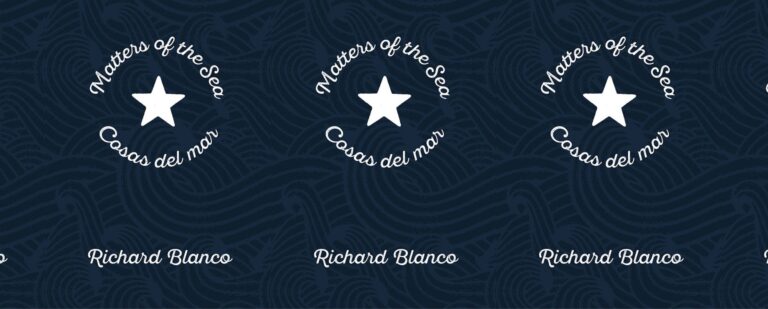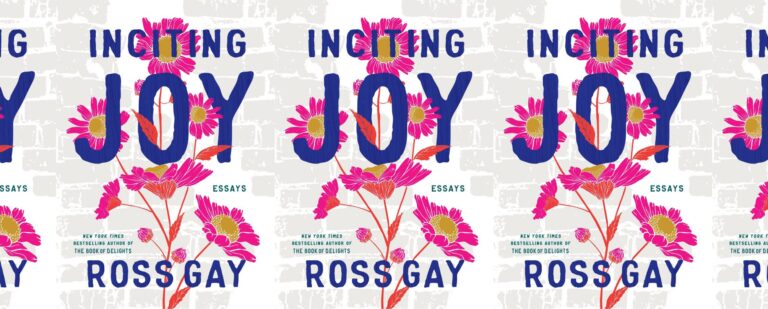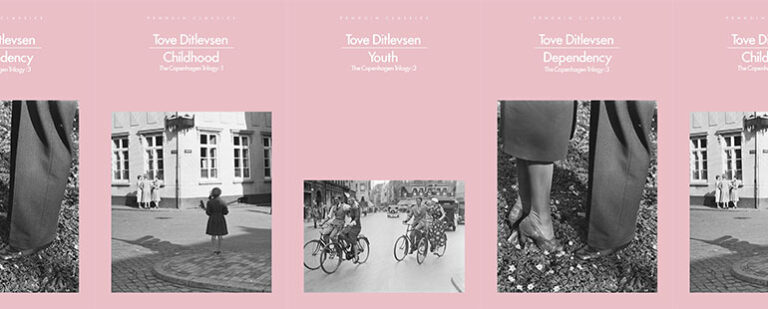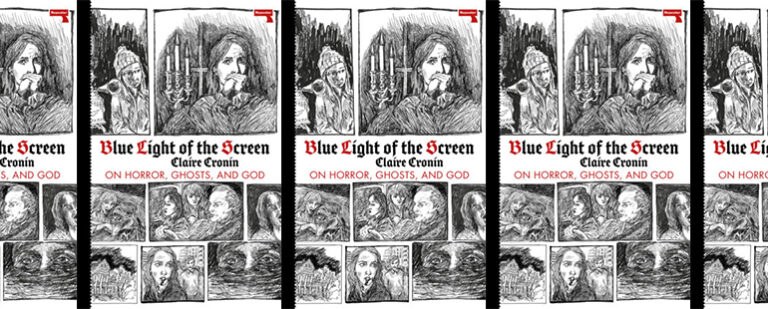Marriage and The Islands
Stories in Dionne Irving’s new collection suggest that sometimes a person might wish to be an island, to slough off from the mainland and stake out a claim of space for themselves. Irving’s narrators insist that sometimes vows have run their course, and there’s no greater freedom than letting go.
